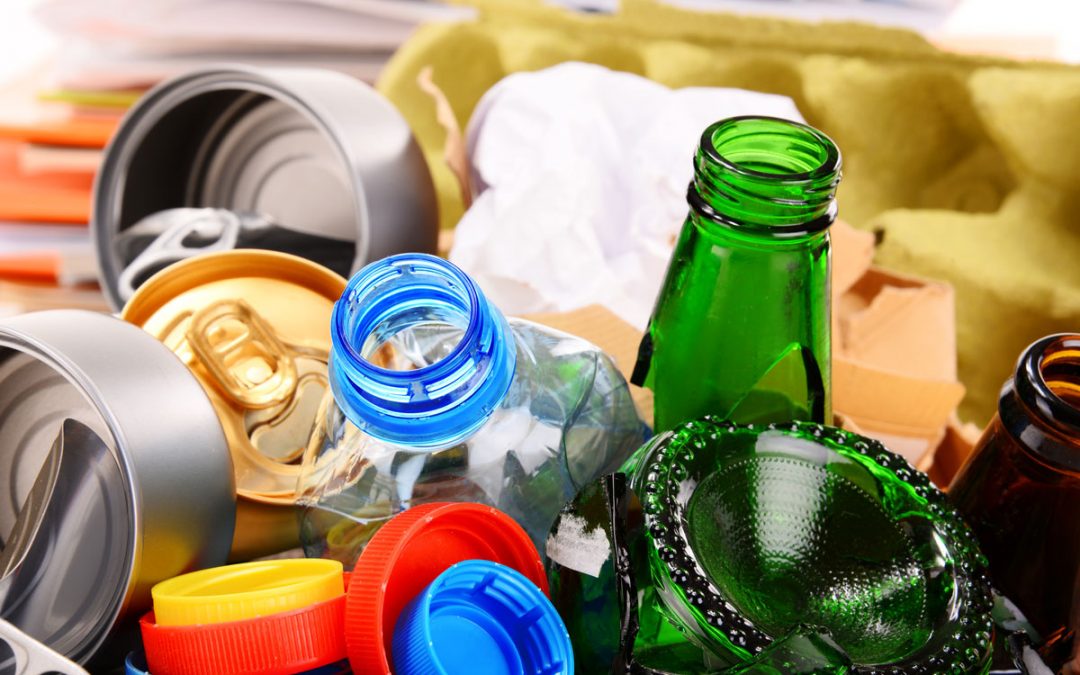Increase profits in five simple ways with better waste management
Americans alone are accountable for producing 220 million tons of waste, a year. This number exceeds that of any other country. Waste management is the only solution to this pressing issue. Today, more than 20 different types of industry are involved in waste management. The various phases of waste management comprise collecting, transporting, disposing, recycling and regulating waste.
Business owners and managers continuously seek to make the workplace more profitable. Waste management can provide them with a booming business opportunity. It also plays a pivotal role in the economy, since it prevents more waste generation, aids reuse, recycle and energy restoration. The way we collect and handle waste can lead to either increased recycling or an inefficient system where recyclable waste ends up in landfills or is incinerated. In the latter case, it will eventually result in harmful environmental impacts and notable economic losses.
Mentioned below are five ways to increase profits with better waste management:
- From waste to resources: The market needs to be encouraged to reuse. In a circular economy, materials that can be recycled are infused back into the market as new raw materials. These reused products are termed as ’secondary raw materials’, and they can be traded just like primary raw materials sourced from traditional extractive resources. The increase of non-toxic material cycles and enhanced tracking of chemicals of concern, will aid recycling and improve the uptake of secondary raw materials.
- Coherent strategy and policies: These are needed to allow for the recycling, re-use and repair of primary materials. Governments, through national waste management programs, should promote waste prevention and minimization. They should also work towards development and execution of national strategies for waste management, which promote and prioritize reuse and recycling of waste. Thus, a well-established and well-financed waste management policy is crucial for dealing with waste in an efficient way.
- Economics of recycling: Nationwide, recycling has boosted the growth of an entire industry and produced jobs. The realization of increased monetary savings through recycling has drawn more people to it. Considerable profits can be achieved through avoiding disposal costs, reduced solid waste services and trading recyclable materials.
- Extracting energy from waste: Accurately dried and sorted waste can be turned into a potent and clean source of fuel for industrial processes. It can be used in power generation and cement kilns, thus enabling their parent companies to reduce their carbon footprint.
- Organic waste processing (Composting): Composting is the process of transforming organic waste into a stable product (compost) under controlled conditions. The demand for compost is huge, as it is a cheaper alternative to expensive inorganic fertilizers and is rich in essential minerals.

